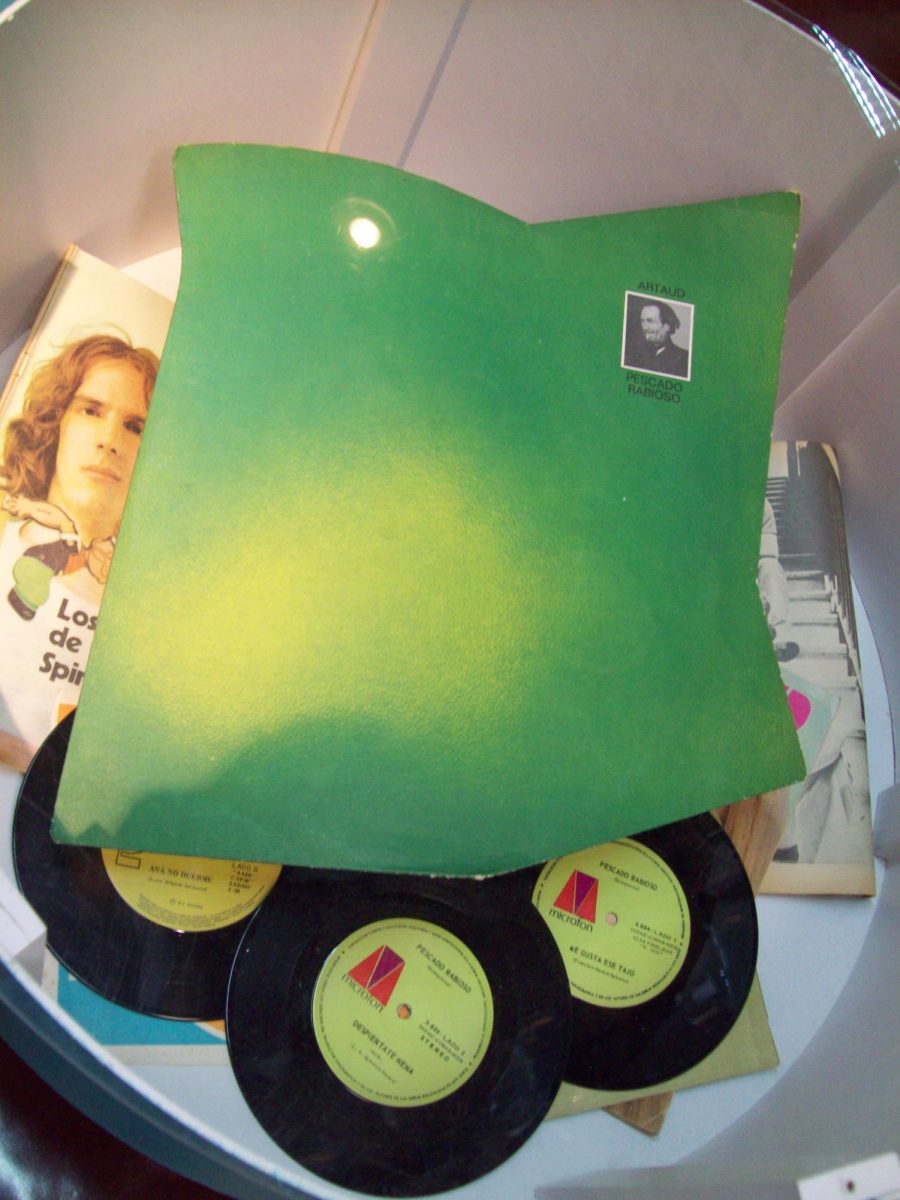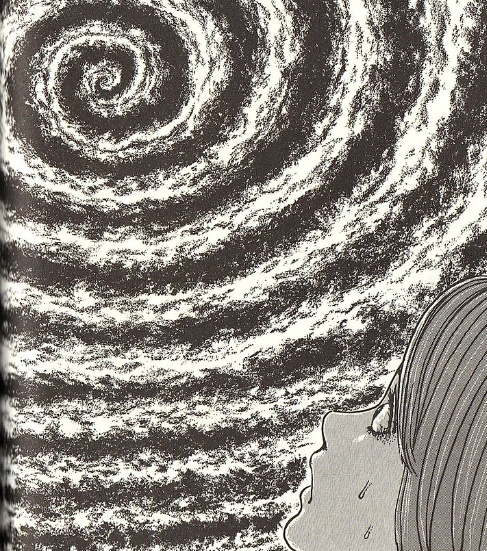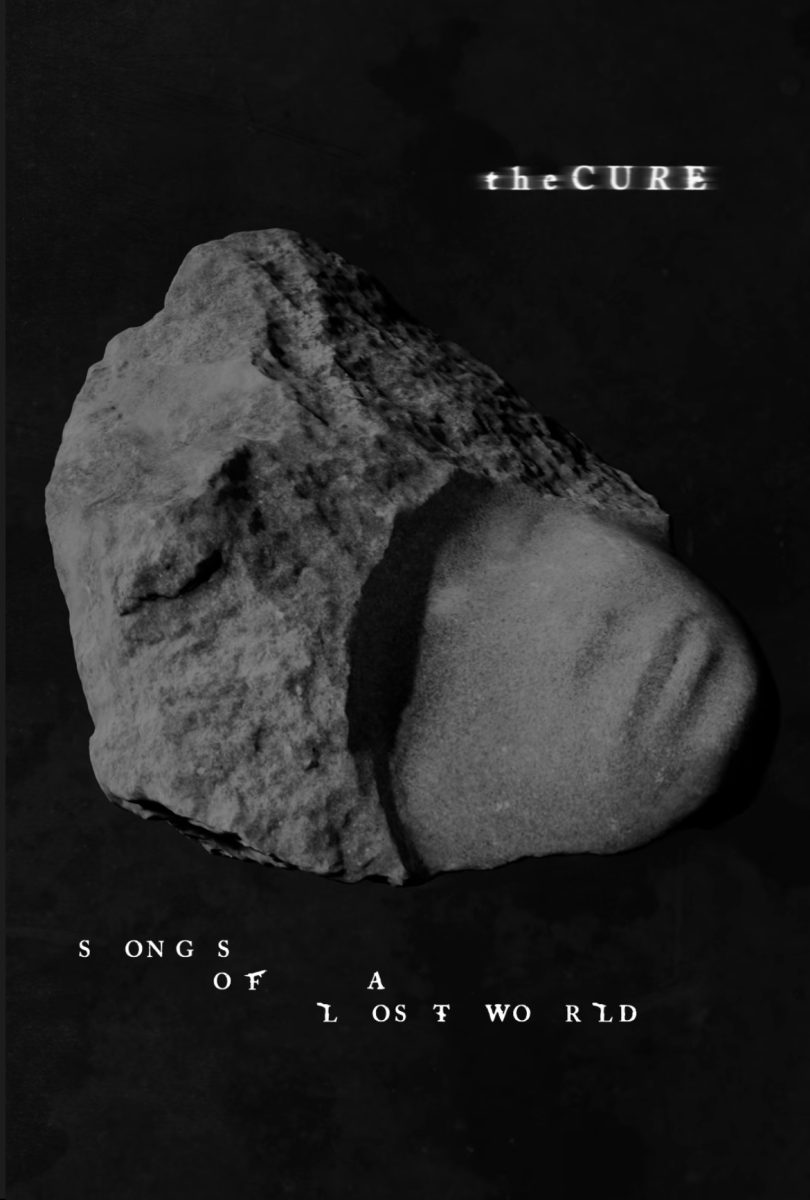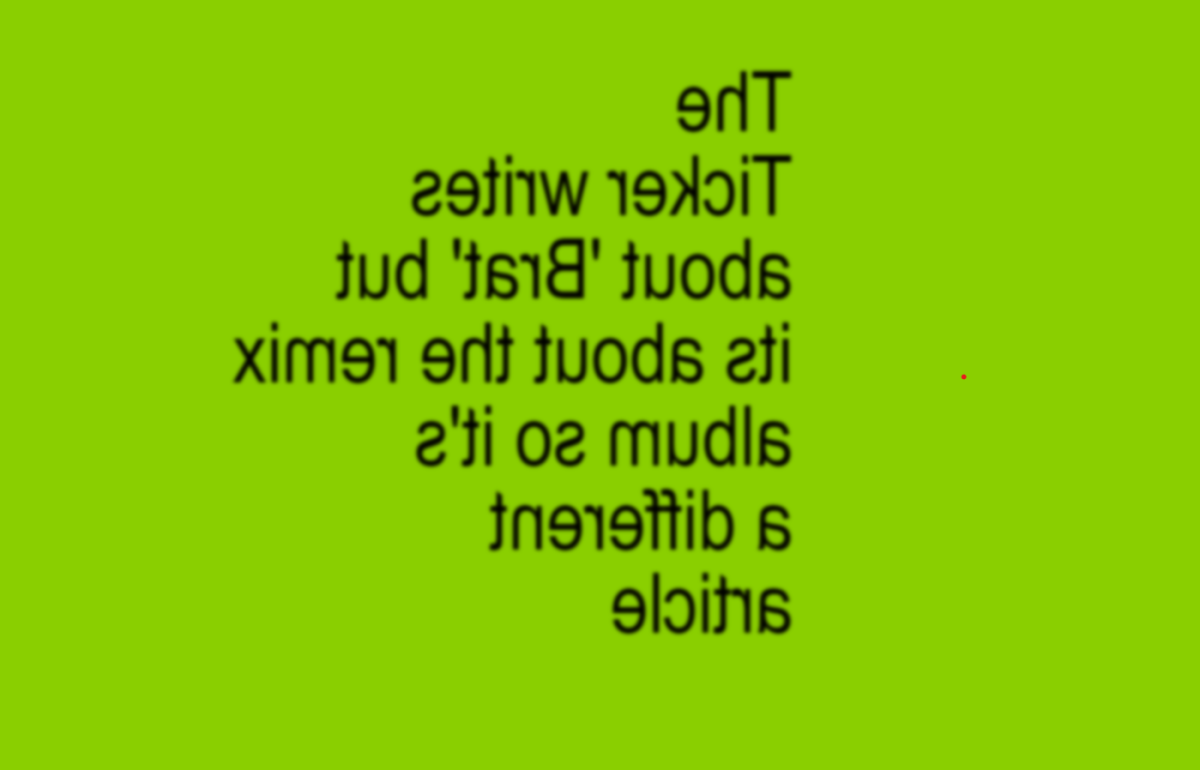Pattern recognition is a crucial function of the human brain. Its intended purpose is to recognize dangerous situations and make quick judgments without observing the object at hand thoroughly.
Thanks to thousands of years of cerebral evolution, Argentine teens on TikTok are now using these skills to identify everyday objects that resemble the vibrant green gradient color scheme of rock band Pescado Rabioso’s iconic album “Artaud,” released in October 1973.
From June bugs to condoms to acid-washed pants, the color seems to be everywhere to the point where some groan that the joke has worn out. From a non-South American perspective, the fascination with a seemingly obscure album from 50 years ago can be a head-scratcher.
However, the overzealous affinity makes more sense after diving into the album and its context.
“Artaud” is the magnum opus and brainchild of Argentine musician Luis Alberto Spinetta, widely considered a driving force in the rock en español genre. He wrote the album after the remaining band members split up earlier that year over creative disagreements.
Despite composing and playing most of the instruments on the recording, Spinetta released the album under Pescado Rabioso, which translates to “rabid fish.”
The album is named after the French philosopher Antonin Artaud, best known for his surrealist and pessimistic worldview. Spinetta wrote the album as an antithesis to the philosopher’s ideology and filled the album with optimistic lyrics.
“Cementerio Club” is one of the album’s most notable tracks. The song is a bluesy jam that drags on a slow, heavy bassline paired with arguably one of the most iconic guitar licks in the rock nacional canon. It’s pensive and spaced out, matching the uncertainty expressed in the lyrics.
He urges listeners to snap out of the ego’s deceptive narratives on “Supercheria.” It starts with Spinetta scatting slowly and repeating the title, “trickery.” Then, the riff starts to build up before revealing what the deception is.
“Always trembling, never growing/That’s what kills your love,” he hurriedly chimes in with the assertive guitar. The stupor is broken when the subject realizes a friend takes them by the hand, and their pain and fear start to dissolve.
The song is a commentary on the illusion of suffering and how seeking support and warmth melts away fear. It feels like Spinetta is posthumously consoling Artaud through his transcendent lyrics.
“Bajan,” or “lowering,” has a temporal theme. Spinetta urges the listener to stop rushing through life, as that’s when “the hours go down” and start to feel quicker. “And besides/You are the sun/Slowly you can also be the moon,” he sings.
“Despacio,” the Spanish word for “slowly,” sounds like “espacio,” or space, a possible wordplay hinting at the Vedic concept of Maya, or the illusion of separateness from other forces and the infinite nature of the soul. The narrator signals that the subject is simply the universe experiencing itself and that worrying is pointless.
The tracks are widely referenced and celebrated by Spinetta aficionados, and with good reason. But it’s a shame that the album’s last two songs rarely receive acknowledgment or praise, as that’s when “Artaud” hits its peak and wraps up the album exquisitely.
“A Starosta, el idiota” includes a slowly pounding dark piano in minor scale that clashes with a backward recording of a guitar and a brief faint snippet of the Beatles’ “She Loves You.” Amid the dissonant soundscape, a woman sobs.
After Spinetta says, “let’s get out of here,” the piano coda ends on a thundering chord. It triggers the seamless transition into “Las habladurias del mundo” in a satisfying and mind-blowing manner.
The final track ends on an uplifting note and declares its freedom from worldly conventions. “I’m no longer attached to any dreams/The gossip of the world can’t catch us,” he proclaims.
In “Artaud,” Spinetta explores themes of suffering and imaginary limitations only to subvert into a flower power philosophy reminiscent of the social climate of the early 1970s. His lyrics lose some of their poeticism when translated into English, but be assured that the original words delicately and lovingly unveil a narrative of tapping into a higher frequency in the face of despair.
It’s absurd and infuriating that Spinetta has yet to receive his flowers outside his native country. “Artaud” is not just an Argentine masterpiece but a paragon for the rock genre’s canon as a whole and deserves to be acknowledged alongside other classics like “The Dark Side of the Moon” and “Abbey Road” as one of the most immaculate recordings in history.










